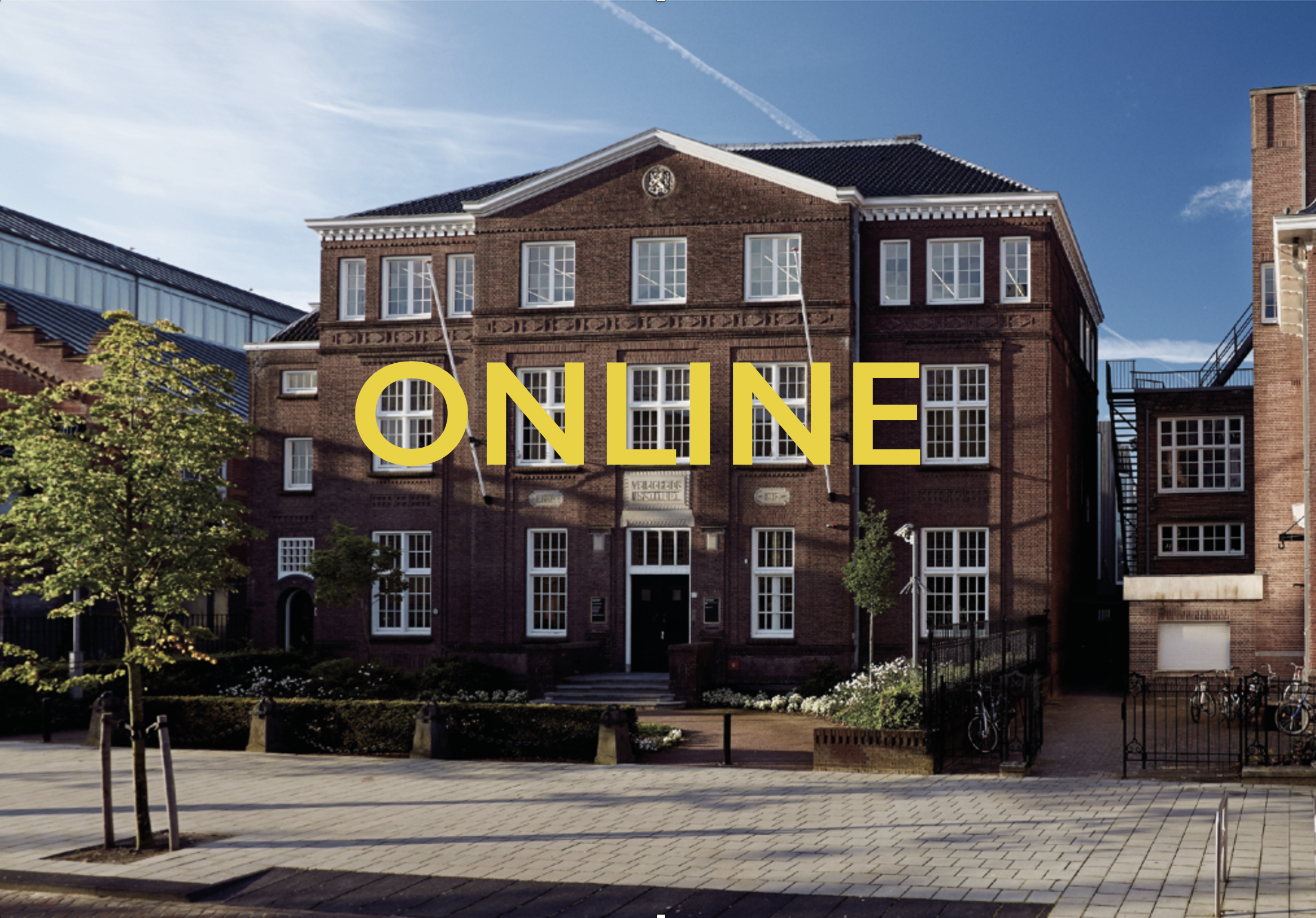

We are pleased to announce a new, online edition of the NICAS colloquium on Thursday 4 March 2021 from 12.00 to 13.00 hrs. The colloquium will take place online through Microsoft Teams.
Throughout the year, NICAS organises a bi-weekly Colloquium consisting of two short research lectures. It provides researchers with the opportunity to present ideas for, updates on or results of their activities. The NICAS Colloquium allows people to stay informed on a regular basis about the latest developments and results of research and to exchange information and expertise.
The chair of this colloquium will be Francesca Gabrieli (Rijksmuseum)
The presenters are:
► Annelies van Loon – Beauty is skin deep: The skin tones of Vermeer’s Girl with a Pearl Earring’
Abstract:
In 2018, Vermeer’s Girl with a Pearl Earring underwent a technical examination in front of the museum public at the Mauritshuis. The Girl in the Spotlight project involved an international team of scientists and conservators. The overall goal was to find out more about the techniques and materials that Vermeer used to create this masterpiece, and to document the current condition of the painting since its last treatment in 1994. ‘Beauty is skin deep: The skin tones of Vermeer’s Girl with a Pearl Earring’ focuses on the materials and layer stratigraphy of the Girl’s face, and how Vermeer created the soft contours and flawless transition from light to shadow. It combines non-invasive imaging techniques with the analysis of micro-samples.
Bio:
Annelies van Loon (PhD) trained as a chemist and a paintings conservator. Currently she holds a position as paintings research scientist at the Rijksmuseum Amsterdam and Mauritshuis The Hague, where she develops and applies non-invasive imaging techniques combined with micro-sample analyses to the study of Rembrandt, Vermeer and contemporaries.
► Liselore Tissen – Using 3D scanning to support conservation treatments for paintings
Abstract:
Various imaging techniques are used to visualise issues regarding a painting’s appearance before, during and after conservation treatments, i.e. visible light photography (VIS) raking light photography (RAK), ultraviolet fluorescence photography (UVF) and reflectance transformation imaging (RTI). However, these techniques cannot always visualise and/or quantify conservation issues. Colour, gloss, topography imaging (CGT), a scanning method for capturing a painting’s appearance developed by Willemijn Elkhuizen was tested as a non-invasive tool for evaluating and documenting conservation treatments. This talk will give you insights in the results of this research. The comparison of this technology to VIS, UVF, RAK and RTI and testing the technology to various case studies with different conservation dilemmas will show CGT’s potentials and drawbacks for documenting a painting’s condition, and the evaluation of treatments.
Bio:
Liselore Tissen is based at Leiden University and Delft University of Technology, where she is currently preparing a doctoral dissertation on the significance of 3D printing for the art field and the moral and ethical discussions prompted by the introduction of this technology to the art world. In the basis of this framework, her research attributes to the development and applicability of 3D printing for material science, technical art historical research and practical conservation and presentation purposes.